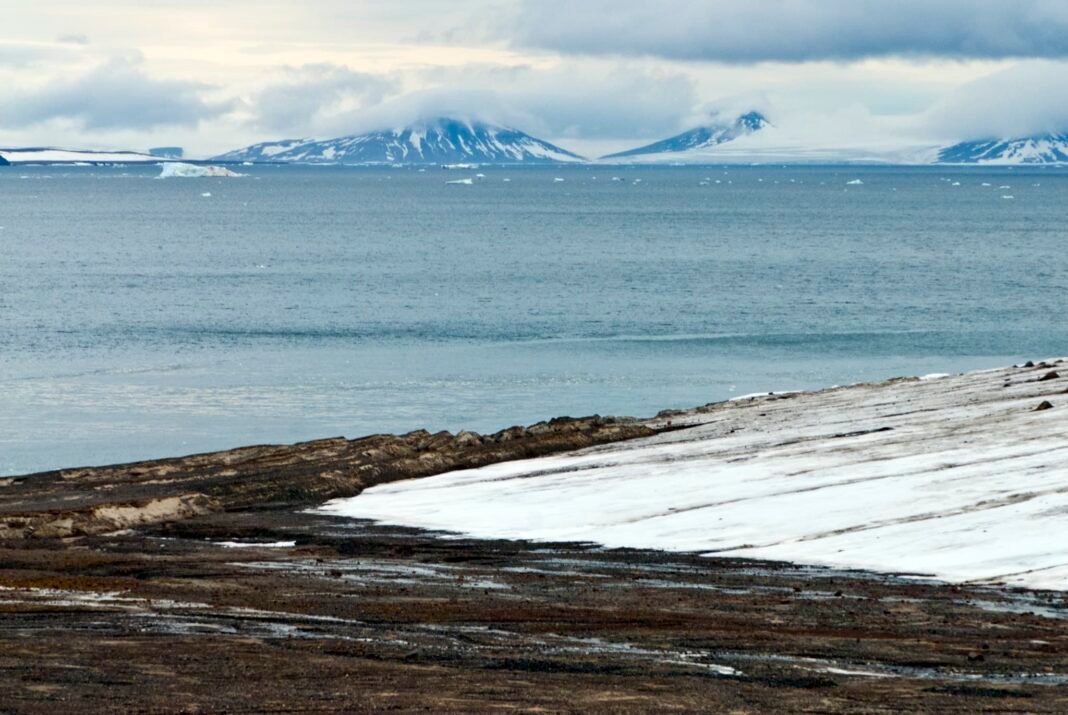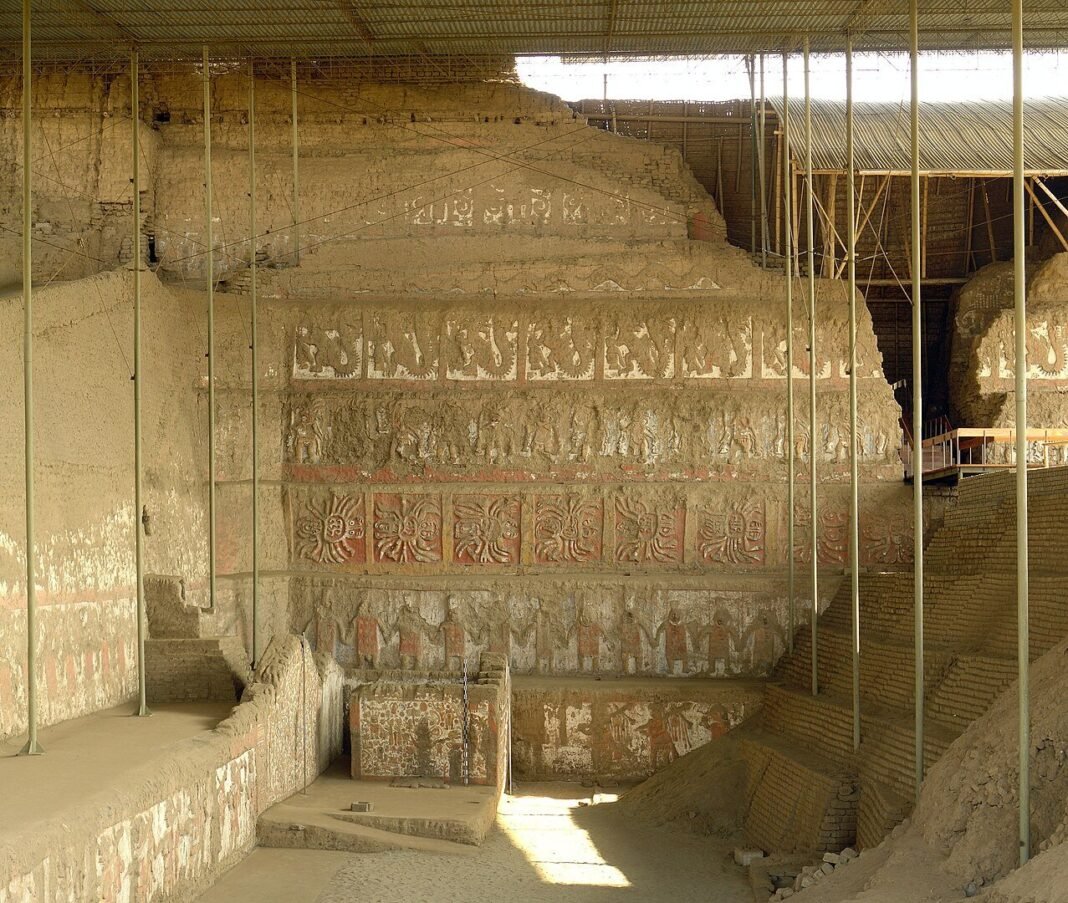
A fast-retreating glacier in Russia has exposed a striking paleontological site: a natural graveyard filled with ancient whale bones. Researchers say the find offers rare insight into past climate shifts in one of the coldest regions of the world.
Expedition targets permafrost study in the Russian Arctic
The discovery was made on Wilczek Island, part of the Franz Josef Land archipelago in northern Russia, during an expedition earlier this year to study permafrost. The Arctic and Antarctic Research Institute (AARI) confirmed the mission in a statement, describing the retreat of the glacier as “extremely rapid.”
Satellite imagery shows the ice cap split in less than two decades
Nikita Demidov, a geologist with AARI, said the research team used satellite imagery to track changes in the glacier’s position. By comparing current and past images, they found the ice cap on the island had split into two sections in less than two decades. The retreat exposed several square miles of land that had remained buried under ice for centuries.
Whale bone graveyard offers rare paleontological insight
That newly uncovered land revealed hundreds of whale bones scattered across the landscape. Some skeletons are remarkably well preserved, offering an extraordinary glimpse into ancient marine life in the High Arctic.
Demidov noted that preservation varies depending on location: bones near the shoreline are more degraded due to prolonged exposure to thawing, while those closer to the glacier remain in better condition.
Find signals past episodes of rapid sea-level change
“The paleontological find indicates an episode of extremely rapid sea level change in the area of the northernmost archipelago of Eurasia,” Demidov said. It “occurred in the last few thousand years.”
Global glacier loss highlights wider climate trend
The findings also reflect a broader trend in global glacial loss. A separate study published in February reported that glaciers worldwide have lost about 5% of their ice since 2000, underscoring the scale of ongoing climate change.
Research vessel to continue Arctic mission through August
The current expedition is being carried out aboard the ice-strengthened research vessel Professor Molchanov. The mission, organized by AARI, will continue through August as scientists conduct further fieldwork to study the exposed permafrost and collect samples from the whale bone site.
In addition to the whale bone discovery, the team is also examining the dynamics of the cryolithozone — the seasonally thawed layer of permafrost and repeated ice wedges common in the high Arctic. The program includes identifying a site for drilling a thermometric well at Cape Zhelaniya, a key point on the Northern Sea Route.
AARI, which has led more than 1,200 Arctic and Antarctic expeditions over its century-long history, is recognized as Russia’s primary center for polar research.


